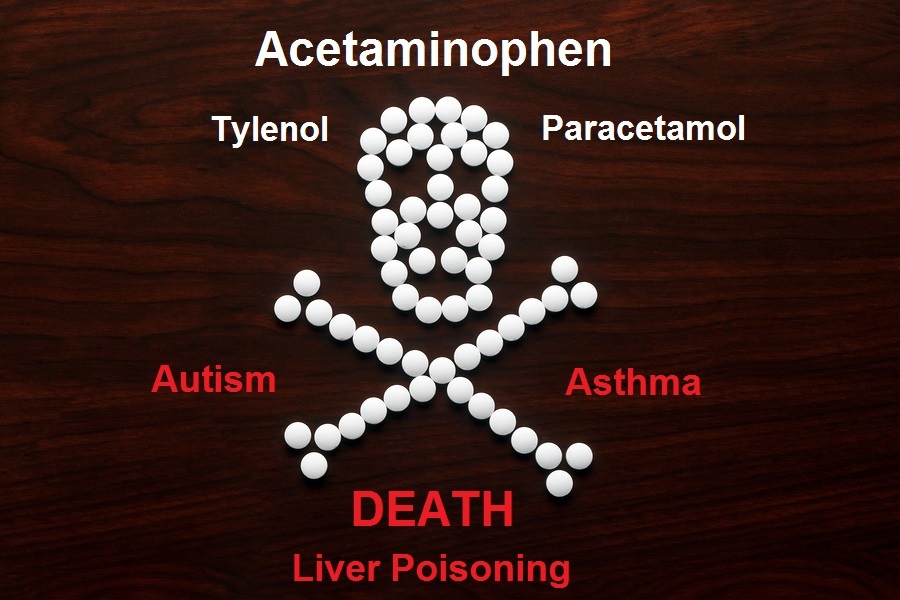FDA Warning: OTC Nonaspirin Painkillers Linked to Stroke and Heart Attack
The Food and Drug Administration warned recently that the risk of heart attack and stroke from widely used painkillers that include Motrin IB, Aleve and Celebrex but not aspirin was greater than it previously had said. Experts said that the warning reflected the gathering evidence that there was risk even in small amounts of the drug, so-called nonaspirin, nonsteroidal anti-inflammatory drugs, or Nsaids, and that everyone taking them should use them sparingly for brief periods. Millions of Americans take them. “One of the underlying messages for this warning has to be there are no completely safe pain relievers, period,” said Bruce Lambert, director of the Center for Communication and Health at Northwestern University, who specializes in drug safety communication. I am sure that Mr. Lambert was thinking of the comparison between over-the-counter painkillers, now known to have a greater risk for stroke and heart attack, and prescription painkillers, which kill more people murders or car accidents in the United States. However, there is one natural painkiller that has caused ZERO deaths, is a natural herb, but remains illegal at the federal level.





